The man who reads nothing at all is better educated than the man who reads nothing but newspapers
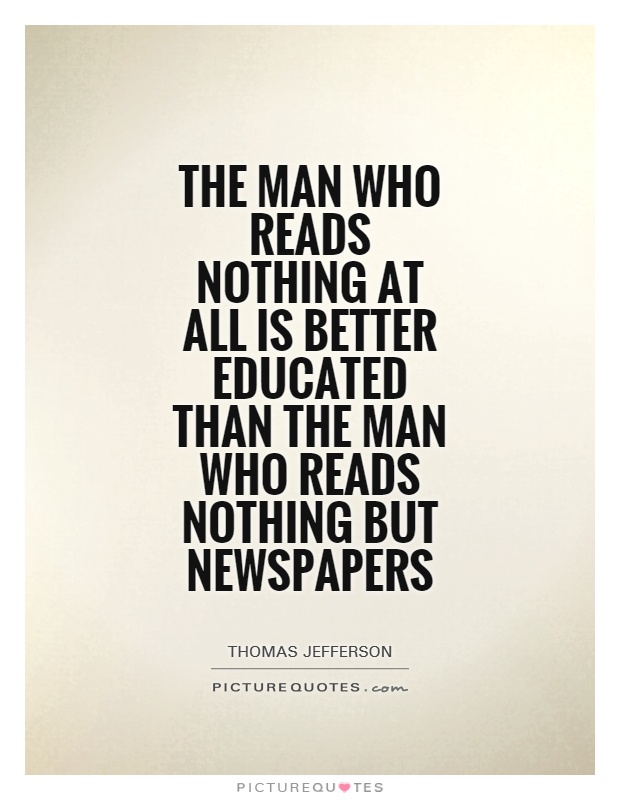
The man who reads nothing at all is better educated than the man who reads nothing but newspapers
Thomas Jefferson, one of the founding fathers of the United States and the principal author of the Declaration of Independence, was a firm believer in the power of education and knowledge. He understood the importance of being well-informed and constantly seeking out new information in order to make informed decisions and contribute meaningfully to society. Jefferson famously said, "The man who reads nothing at all is better educated than the man who reads nothing but newspapers."This quote reflects Jefferson's belief in the importance of reading widely and critically evaluating the information that one consumes. In Jefferson's time, newspapers were the primary source of information for most people, but he recognized that they could be biased, sensationalized, or incomplete. By only relying on newspapers for information, one could easily be misled or misinformed.
Jefferson believed that true education required a more comprehensive approach to learning. He advocated for a well-rounded education that included not only reading but also critical thinking, analysis, and reflection. By reading a variety of sources, including books, essays, and scholarly articles, one could gain a deeper understanding of the world and develop the skills necessary to think independently and make informed decisions.

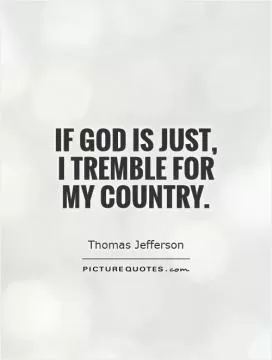

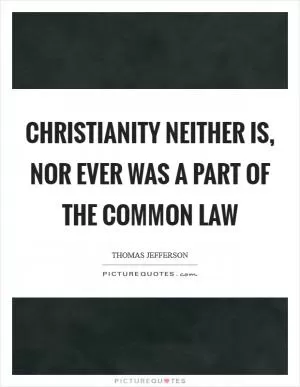
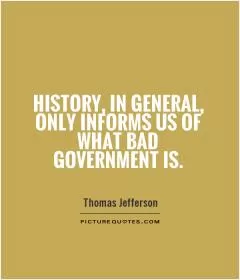
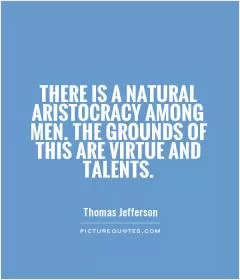
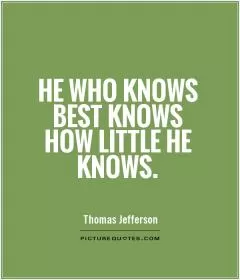
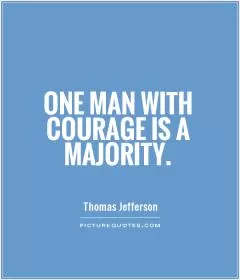
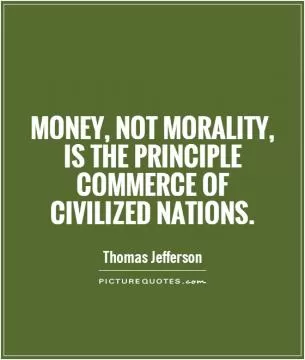
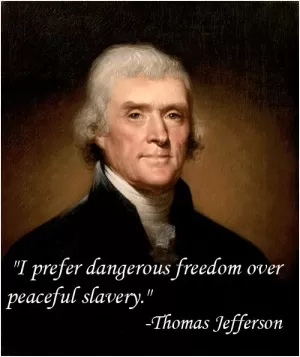
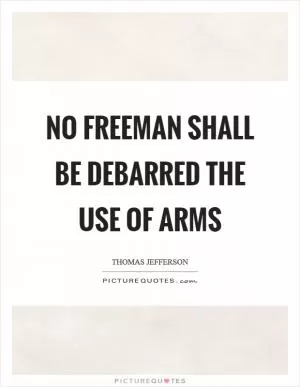
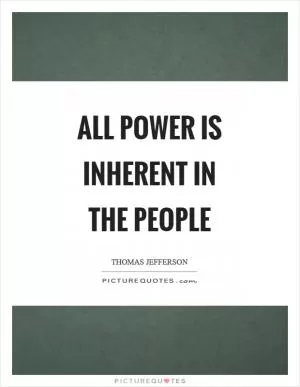
 Friendship Quotes
Friendship Quotes Love Quotes
Love Quotes Life Quotes
Life Quotes Funny Quotes
Funny Quotes Motivational Quotes
Motivational Quotes Inspirational Quotes
Inspirational Quotes